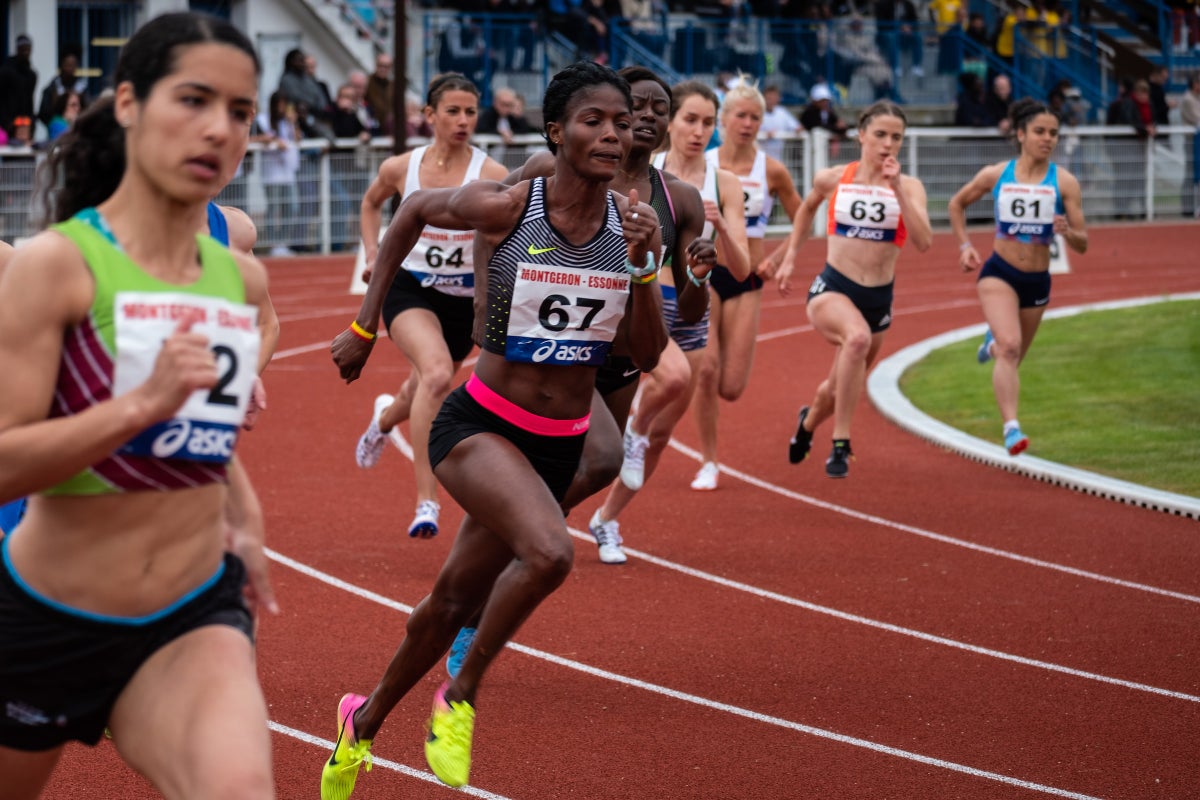Apparently, the World Anti-Doping Agency (WADA) will keep marijuana on its list of prohibited substances for 2023. This means that athletes subject to WADA’s drug testing code will continue to be suspended if they test positive for cannabis in competition.
Despite friction over the suspension of American sprinter Sha’Carri Richardson, who lost her chance to shine at last year’s U.S. Olympics after she tested positive for cannabis, the final decision of keeping cannabis as a prohibited substance, will likely be reached at a meeting later this month.
In some countries, cannabis is used legally for medical and recreational purposes. However, its effects on sports performance are still questioned.
What Happened
Last year, WADA, which oversees drug testing at the Olympics and other sports, agreed to launch a scientific review of cannabis’ status on the banned list. The study came at the urging of the US Anti-Doping Agency and US politicians amid the controversy that followed the exclusion of track star Sha’Carri Richardson from competing at the Tokyo Olympics after she tested positive for cannabis in her home state of Oregon, where marijuana is legal.
“Following receipt of requests from a number of stakeholders, the (executive committee) endorsed the decision of the List Expert Advisory Group to initiate in 2022 a scientific review of the status of cannabis,” a 2021 WADA statement read. “Cannabis is prohibited in competition and will continue to be in 2022.”
Pro athletes such as Odell Beckham Jr. and Dwyane Wade expressed support for Richardson. Former White House press secretary Jen Psaki described Richardson as “an inspiring young woman” while saying it was not appropriate for the president to comment on the suspension itself.
What Does WADA Say About Cannabis Use in Competition?
The WADA Prohibited List Expert Advisory Group, which supports maintaining the ban, says that based on available scientific evidence, cannabis meets the criteria for inclusion on the list.
As such, the WADA advisory group circulated a draft list for 2023 that still includes cannabis. The group provides recommendations on the list of banned substances to WADA leaders, who generally follow the advice. WADA stressed that the list is provisional until the end of this month.
“The draft 2023 Prohibited List is still under consideration,” a WADA spokesman said in a statement. “WADA’s Executive Committee will be asked to approve the final version of the List during its 23 September meeting, with the List itself being published on or before 1 October and coming into force on 1 January.”
What Does The US Anti-Doping Agency Say?
The US Anti-Doping Agency (USADA) director general Travis Tygart, said last year in a letter to US politicians that “the rules on marijuana need to change.” Tygart also noted the different cannabis policies of the Ultimate Fighting Championship, whose anti-doping program is overseen by USADA. Under that policy, Richardson’s positive test would not have resulted in a suspension because it was determined that it would not be intentionally used to enhance performance. UFC does not operate under the WADA code.
Though the AMA said the U.S. stopped short of calling for cannabis to be completely removed from the list of prohibited substances. “To date, neither the United States authorities nor the U.S. Anti-Doping Agency has requested the removal of cannabis from the Prohibited List,” said the WADA spokesman in a statement sent Friday.
Nevertheless, the Nevada Athletic Commission unanimously decide to change its anti-doping policy and no longer suspend athletes for marijuana possession or use.
Photo: Courtesy Of Nicolas Hoizey On Unsplash
Image and article originally from www.benzinga.com. Read the original article here.

